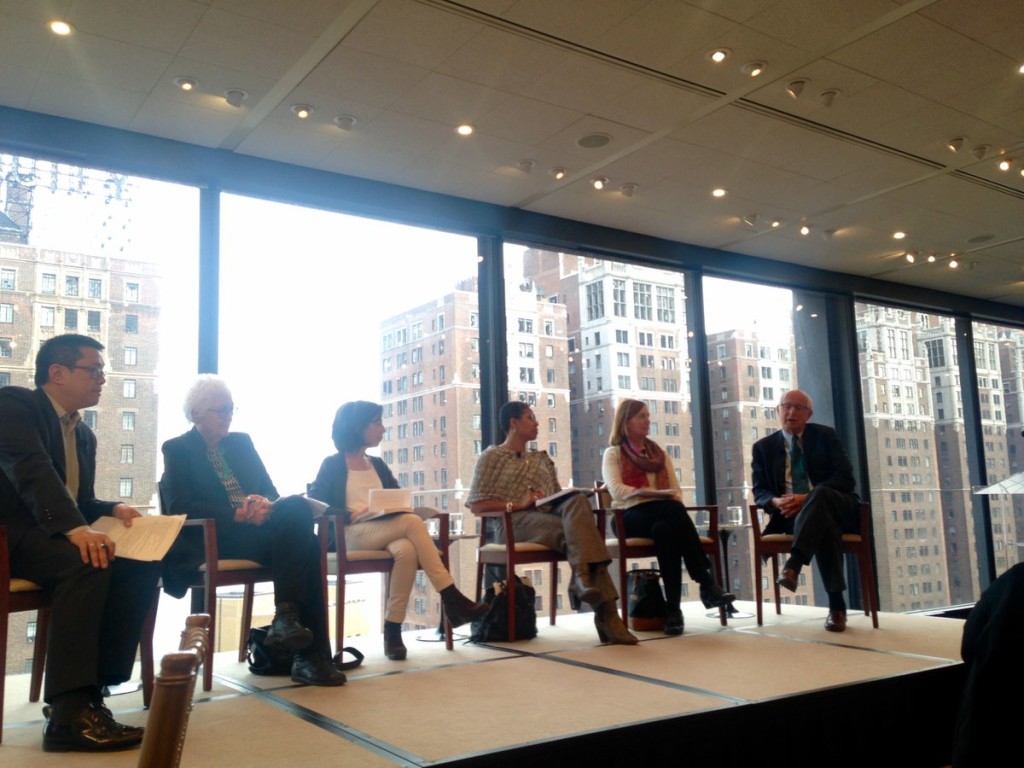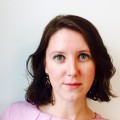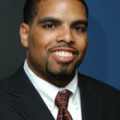As the world rapidly becomes more urban, profound disparities in gender continue. What opportunities do cities present for women, and how will they be affected by widening wealth gaps? And in return how does gender equality contribute to inclusive and sustainable cities? Last Friday, March 15, SGPIA Professor Michael Cohen discussed these urgent questions along with a panel of experts during the event Gender, Assets and Just Cities: Transformative Pathways to Habitat III that was hosted by the Ford Foundation The panel discussion is one of many in the run up to the Third United Nations Conference on Housing and Sustainable Development (Habitat III) to be held in Ecuador this October.
The panel featured Caroline Moser, editor of the book Gender, Asset Accumulation and Just Cities, who highlighted the distinction between women’s “empowerment” and gender “transformation”, explaining that the focus on empowering the individual woman has now given way to changing structures and power relations. She asserted that women’s rights improve as a result of bringing urban and gender agendas together, but that without social capital and collective action, gender inequality will remain in tact.

Shahra Razavi of UN Women noted that reforms to property and inheritance laws in recent decades has improved women’s access to land and housing, however the wealth gap may leave poor and middle class women around the world worse off than before. Razavi highlighted the progress that has been made in mainstreaming gender concerns on social policy and protection, but Razavi also cautioned that debates within transportation and urban finance rarely consider women’s voices .
SGPIA Professor Michael Cohen, urged participants to make urban issues ‘political’ again, and work across silos. He additionally stressed that with the growing awareness of inequality, it is important to specify ‘inequality between whom.’
Sally Roever of Women in Formal Employment and Katia Araujo of The Huairou Commission argued that a truly transformative urban agenda would recognize women not just as a ‘vulnerable group’ but as active contributors to the urban economy, and as protagonists in urban issues.
For more information on these issues, connect with The Global Urban Futures Project at The New School, an organization that includes numerous Milano faculty and students, and continually examines these issues through the talks and seminars it hosts.
This post was adapted from a Global Urban Futures article by Milano students Melissa De la Cruz and Samantha Cocco-Klein



